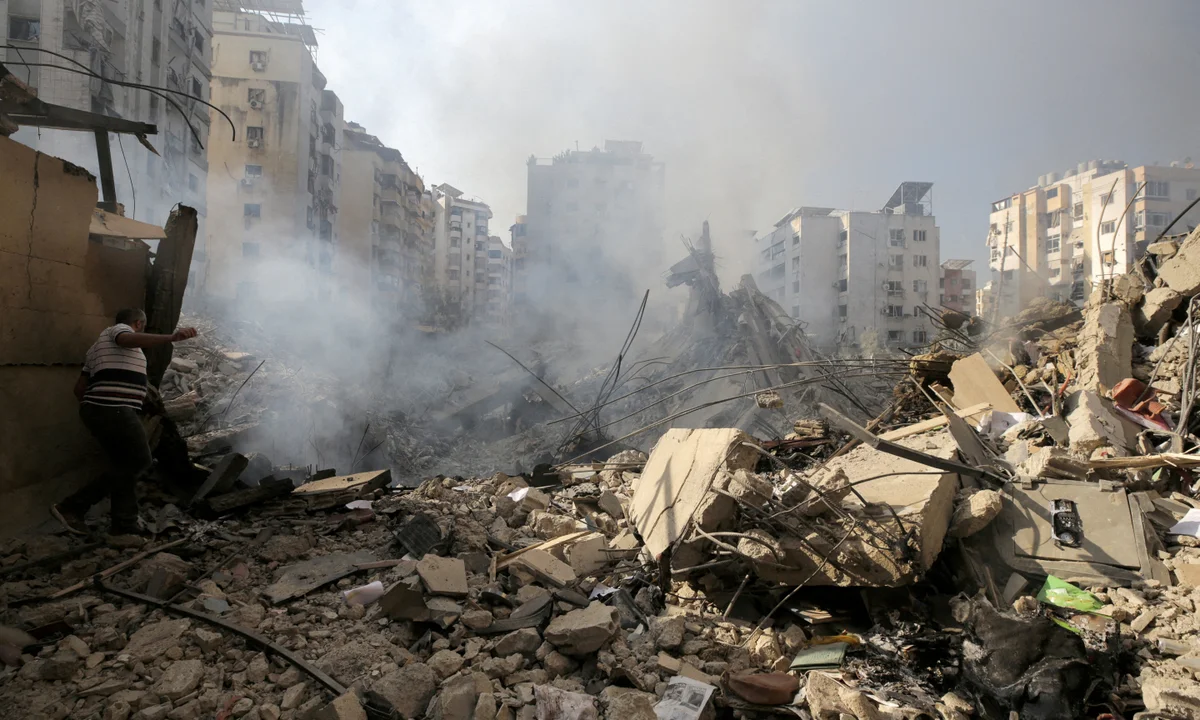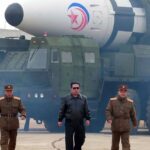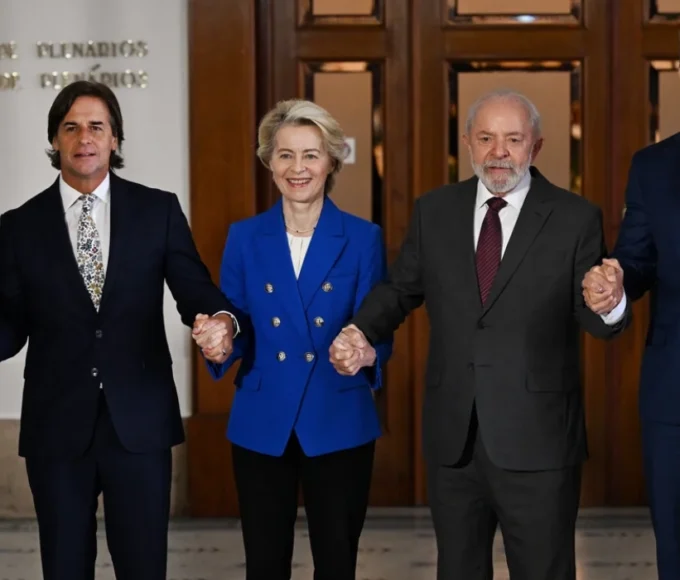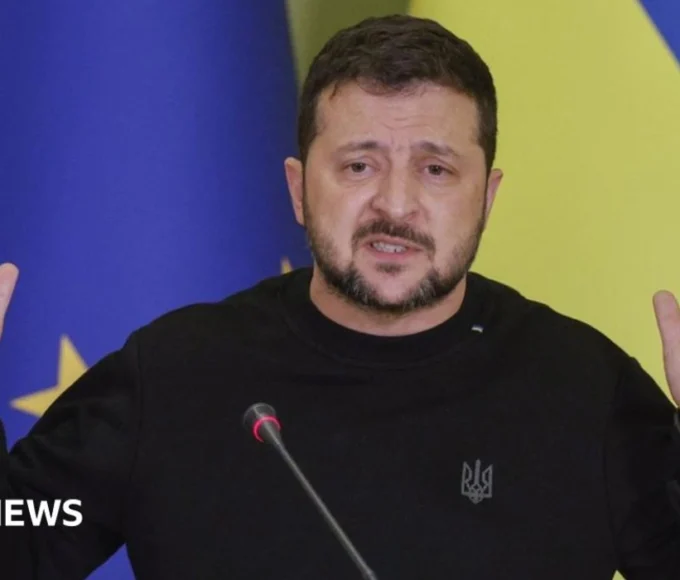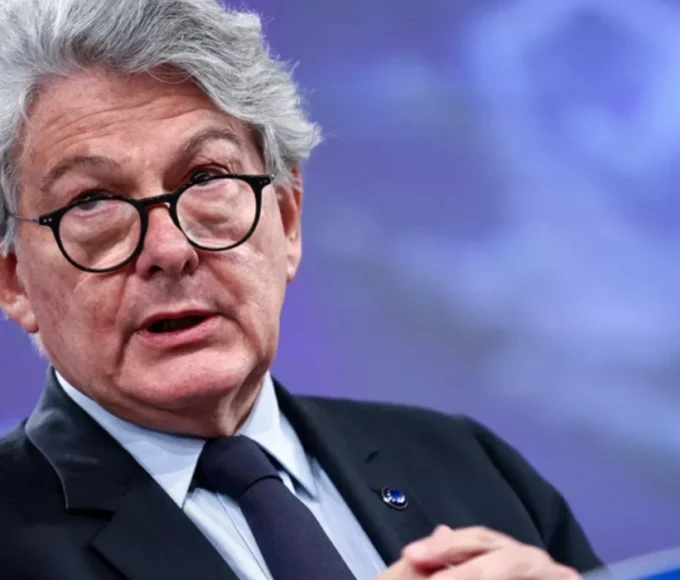In a pressing appeal, the European Union (EU) has reiterated its demand for an immediate ceasefire in Lebanon following repeated Israeli attacks on United Nations peacekeeping troops stationed in the region. Josep Borrell, the EU’s High Representative for Foreign Affairs, made this statement during a meeting of the 43 member states of the Union for the Mediterranean (UfM) on Monday.
Borrell described the ongoing violence as “unacceptable,” emphasizing the need for a ceasefire from both sides along the Blue Line—a demarcation line established by the UN in 2000 to monitor the border between Israel and Lebanon. This area spans approximately 120 kilometers and has seen heightened tensions since the pro-Iranian Hezbollah movement opened a front against Israel in October 2023.
He called for the “strict adherence” to UN Security Council resolutions, particularly Resolution 1701, which ended a previous conflict between Hezbollah and Israel in 2006. Borrell condemned the Israeli Defense Forces’ attacks on UN personnel and infrastructure, highlighting the critical need for the protection of peacekeeping forces.
In a joint statement released at the UfM meeting, both Spain and Lebanon urged for the full implementation of Resolution 1701 and called for a “permanent and immediate ceasefire” in the region. They stressed the importance of restoring Lebanon’s sovereignty and ensuring the safe return of displaced persons, alongside a commitment to international humanitarian law.
The UN peacekeeping force, known as UNIFIL, comprising over 9,500 soldiers, has found itself caught in the crossfire as tensions escalate. Recently, UNIFIL has reported that Israeli troops have deliberately targeted its positions, raising alarm about the safety of peacekeepers in the area.
In addition to the situation in Lebanon, Borrell addressed the dire humanitarian crisis in Gaza, particularly in the north, where he described conditions as the “worst humanitarian crisis since World War II.” He urged member states of the UfM to exert pressure to end the violence and protect civilians, stressing the need for immediate action to alleviate the ongoing suffering.
This article is originally published on news.dayfr.com


